johnQuixote
TPF Noob!
- Joined
- Nov 26, 2008
- Messages
- 4
- Reaction score
- 0
Hello!
I have a project that I've got and I need some advice on equipment to accomplish the goal.
I manufacture cold weather sleeping bags and will be running some tests that I need to document.
I need a camera that will shoot night time photos without a visible flash, so I was thinking that a camera capable of night time infrared photography would be a good place to start.
This camera would also need to be able to take photos at set intervals, such as every 5 minutes during the night (about 6-8 hours worth). The intervalometer could be integrated or an add-on that interfaces with the camera.
I don't know that an IR filter would do the trick, but I'm looking for advice from you who have much more experience with this type of photography than I obviously do.
My thanks in advance for you help!
Sincerely,
John
I have a project that I've got and I need some advice on equipment to accomplish the goal.
I manufacture cold weather sleeping bags and will be running some tests that I need to document.
I need a camera that will shoot night time photos without a visible flash, so I was thinking that a camera capable of night time infrared photography would be a good place to start.
This camera would also need to be able to take photos at set intervals, such as every 5 minutes during the night (about 6-8 hours worth). The intervalometer could be integrated or an add-on that interfaces with the camera.
I don't know that an IR filter would do the trick, but I'm looking for advice from you who have much more experience with this type of photography than I obviously do.
My thanks in advance for you help!
Sincerely,
John


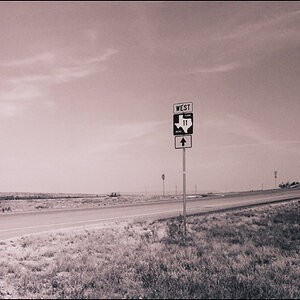
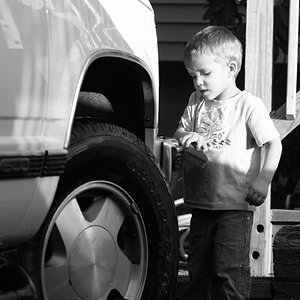
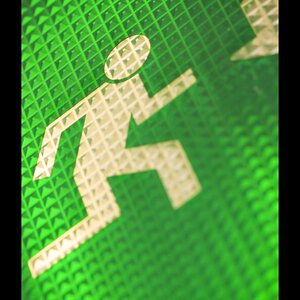
![[No title]](/data/xfmg/thumbnail/35/35866-da1619f1c62d0897e43c22a31ae36ad2.jpg?1619737193)
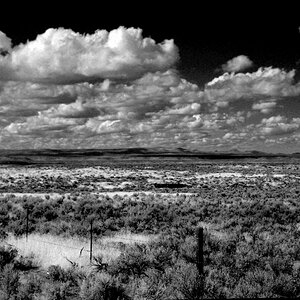
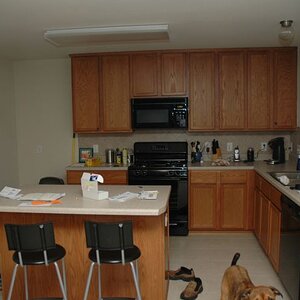
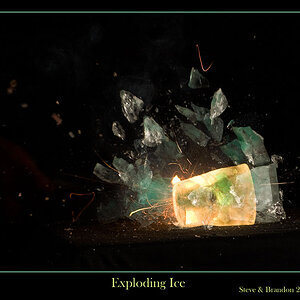
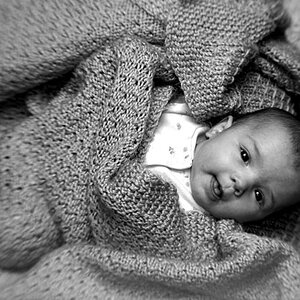
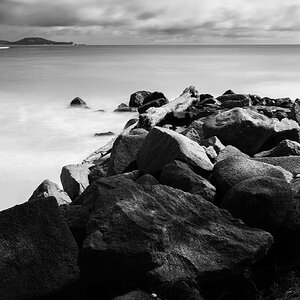
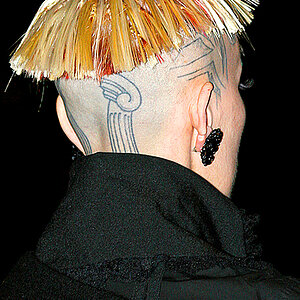

![[No title]](/data/xfmg/thumbnail/35/35868-15d995e4052bf05e2038e8b2a545a08f.jpg?1619737195)